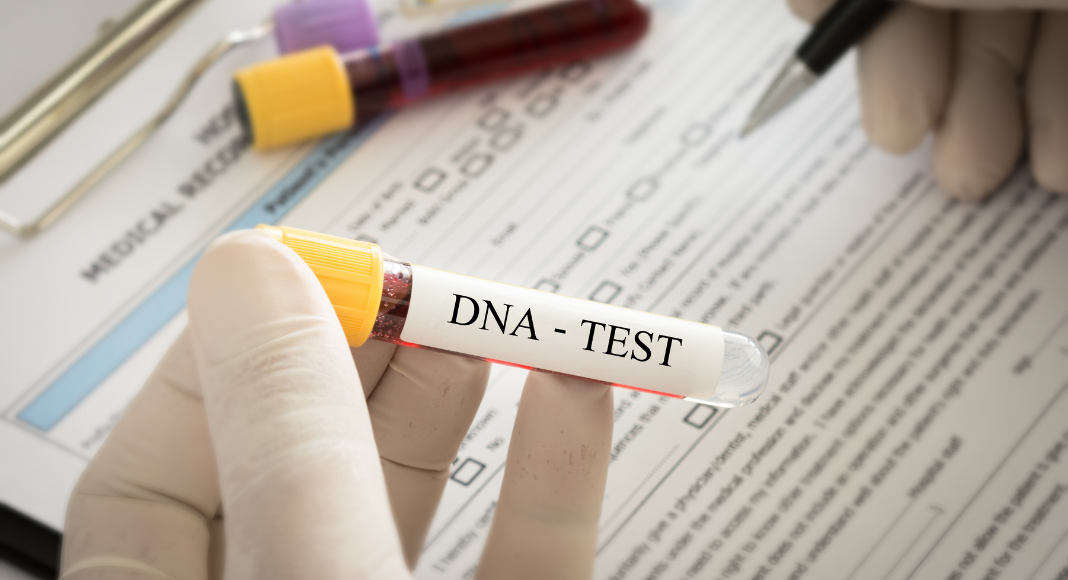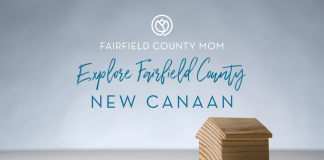 In honor of National DNA Day, I wanted to empower the women around me by asking the question: could you be carrying a cancer susceptibility gene?
In honor of National DNA Day, I wanted to empower the women around me by asking the question: could you be carrying a cancer susceptibility gene?
Cancer genetics is a fairly new and ever-expanding discipline. One of the most well-known cancer susceptibility genes, BRCA, was discovered in 1994. This gene carries an increased risk of breast and ovarian cancers. Genetic panel testing has only been around since the mid-2010s. If you have not heard about cancer genetics or cancer genetic testing, don’t worry! Below are some tips on gaining more knowledge about your genetic health.
Are you Ashkenazi Jewish?
One in forty Ashkenazi Jewish women has a BRCA gene mutation. These gene mutations put women at significant risk of developing cancer. Having Ashkenazi heritage alone may qualify you for genetic testing.
Have you been told cancer “runs in your family?”
Some women have heard that cancer runs in their families but haven’t heard about genetic testing for cancer genes. It is a red flag to have multiple family members who have had cancer, especially if it is the same kind of cancer. Furthermore, if a family member with cancer was diagnosed before age 50, it heightens suspicion of a family gene mutation.
My mom had cancer. Does that affect me?
Maybe. It depends on the type of cancer, her age at diagnosis, and many other factors. You should speak with a trusted medical professional or contact a licensed genetic counselor for more information.
What about those direct-to-consumer cancer gene tests?
The direct-to-consumer genetic testing (the kind that goes on sale around the holidays) is not the best type of testing for cancer genetics. It may test for limited variations of certain gene mutations or leave out certain cancer genes relevant to your family’s history. The best option is to seek out a cancer genetics program to help navigate the complex world of genetics.
I tested positive for a gene mutation; now what?!
Breathe. Just because you have an increased risk for cancer does not mean that you will develop the disease. Knowing you have a gene mutation likely means more screening throughout your life and an emphasis on early detection and lifestyle risk reduction. Genetic counselors can guide management and recommendations for follow-up and cascade testing of other family members.
Cancer genetic testing is about knowledge and the empowerment of taking a proactive approach to your health.
While we can not prevent all cancers, early detection helps save lives. Contact a trusted medical professional if you have any questions about how cancer genetic testing may affect you or your family. Or search here and here for a licensed genetic counselor in your area.


























